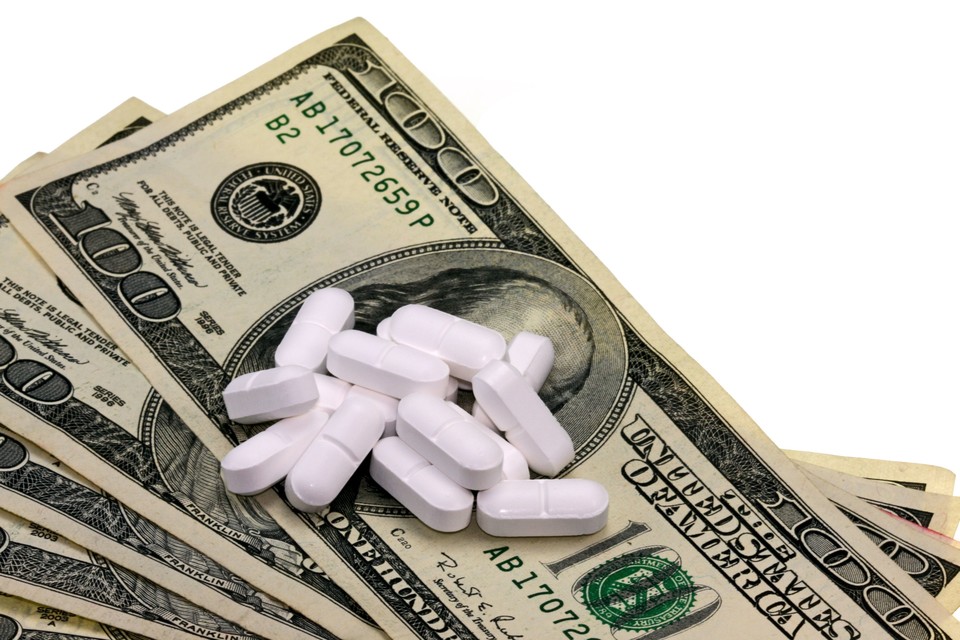Celltrion Leads Proactive Moves
SK Biopharm Accelerates Shipments; Others Monitor Impact

“With tariffs, government action is important, but companies must also move in step. If the U.S. is your key market, then manufacture there.”
Celltrion Chairman Jung-Jin Seo emphasized during a July 29 online briefing that while national-level responses are essential, Korean pharmaceutical and biotech companies must also take proactive measures ahead of the U.S. tariff hike set for August 1.
His comments go beyond Celltrion’s approach, urging the broader industry to adopt practical strategies in response to shifting global trade dynamics.
Starting August 1, the U.S. will impose steep tariffs on select imports, including pharmaceuticals. Former President Donald Trump has warned that initial lower rates will rise sharply within a year, and has called on drugmakers to localize manufacturing.
These actions stem from the White House’s use of Section 232 of the Trade Expansion Act to boost domestic production of strategic goods, such as semiconductors and pharmaceuticals. Trump recently floated the possibility of tariffs reaching 200% on pharmaceuticals to encourage reshoring.
Industry leaders argue that a one-year transition is unrealistic, as building production facilities typically takes two to five years and costs significantly more in the U.S. than in Korea.
To mitigate risk, Celltrion has begun negotiating the acquisition of an existing cGMP-certified U.S. facility that produces oncology and autoimmune drugs. This acquisition offers a cost- and time-efficient alternative to building a new plant.
“With this acquisition, we’ve secured a U.S. manufacturing base regardless of how tariffs evolve,” said Seo. “We’ve reduced risks tied to economic losses, opportunity costs, and supply chain disruptions.”
Celltrion’s short-term response includes securing a two-year supply of U.S.-bound inventory, signing local CMO contracts, and initiating domestic production in the U.S.
Seo stressed that for companies targeting the U.S. market, local production is inevitable. “The main obstacles are time and capital, but Korean firms have the financial capacity to overcome them.” He also highlighted Korea’s owner-driven corporate structure, which allows for quicker decision-making. “With coordinated efforts from both the government and industry, we can reduce unnecessary competition and move forward strategically.”
SK Biopharm Ships Xcopri Supply Ahead of Tariffs
GC Biopharma, Samsung Biologics Face Minimal Direct Impact
SK Biopharmaceuticals, another company directly impacted, has preemptively shipped all of its 2024 volumes of epilepsy drug Xcopri to the U.S. ahead of the August 1 deadline. Given the drug’s high U.S. sales share, the company has also prepared long-term measures by completing a manufacturing facility in Puerto Rico, a U.S. territory.
Though production is currently handled in Canada, the company is ready to switch to Puerto Rico as needed. “Xcopri is a synthetic drug that doesn’t require specialized facilities. The Puerto Rico site can fully support large-scale production,” a company official noted.
Meanwhile, other major firms such as GC Biopharma, Samsung Biologics, and Lotte Biologics are expected to face minimal direct impact.
GC Biopharma’s leading export Alyglo, a plasma therapy, was previously exempt from tariffs after being designated an essential medicine. The product also uses U.S.-sourced plasma, further reducing its tariff risk. Still, the company plans to finalize contingency plans after August 1.
Samsung Biologics, operating primarily under a contract manufacturing (CMO) model, is not expected to be directly affected but is reviewing backup measures.
Lotte Biologics, which owns a facility in Syracuse, New York, is currently focused on building its Songdo Bio Campus in Korea, slated to open in 2027.
These varied approaches—from early shipments and local partnerships to facility acquisitions—underscore how Korean pharmaceutical firms are adapting to the evolving U.S. trade landscape.

